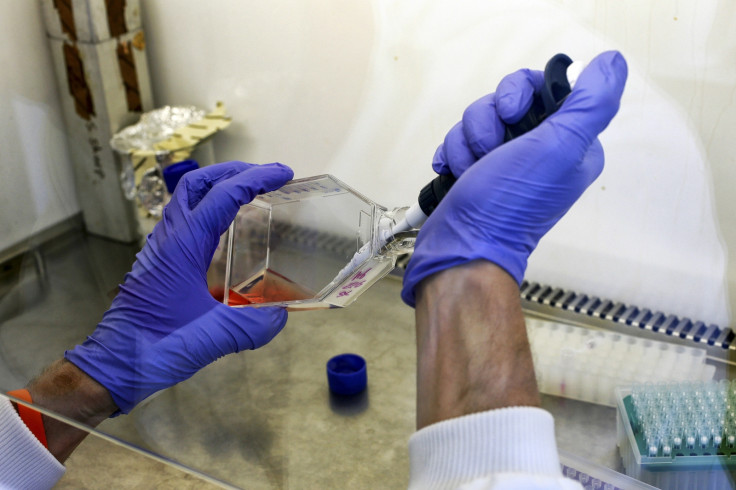Cell Division 'Can Be Controlled to Regenerate Ailing Organs'

Scientists at Salk Institute have found a cellular switch that could be controlled to encourage cells to divide and generate in old age, while preventing some others like cancer cells from dividing.
Cells in various organs are constantly dividing to replenish the organs they make. The cell division cannot be indefinite and is controlled by the telomere that sits at the ends of chromosomes. When this telomere becomes too short, cells can no more divide, as it happens during old age.
However, the telomere is controlled by an enzyme found in some cells called telomerase. It rebuilds telomeres and allows cells to divide indefinitely.
It was believed that telomerase stands by all the time and can be called upon to work any time.
However, the present research discovered a way to switch off the enzyme so that it vanishes from the cell till recalled.
Each component of the telomerase complex was studied during cell growth and division in yeast used to make wine and bread.
It was seen that the telomerase unit is incomplete during the genome duplication process and forms the complete unit at the end, replenishing the eroding chromosomes for further cell division. So also, after the process, it becomes inactive.
It is this on/off switch that the team hopes they can use to control cell division.
© Copyright IBTimes 2025. All rights reserved.





















